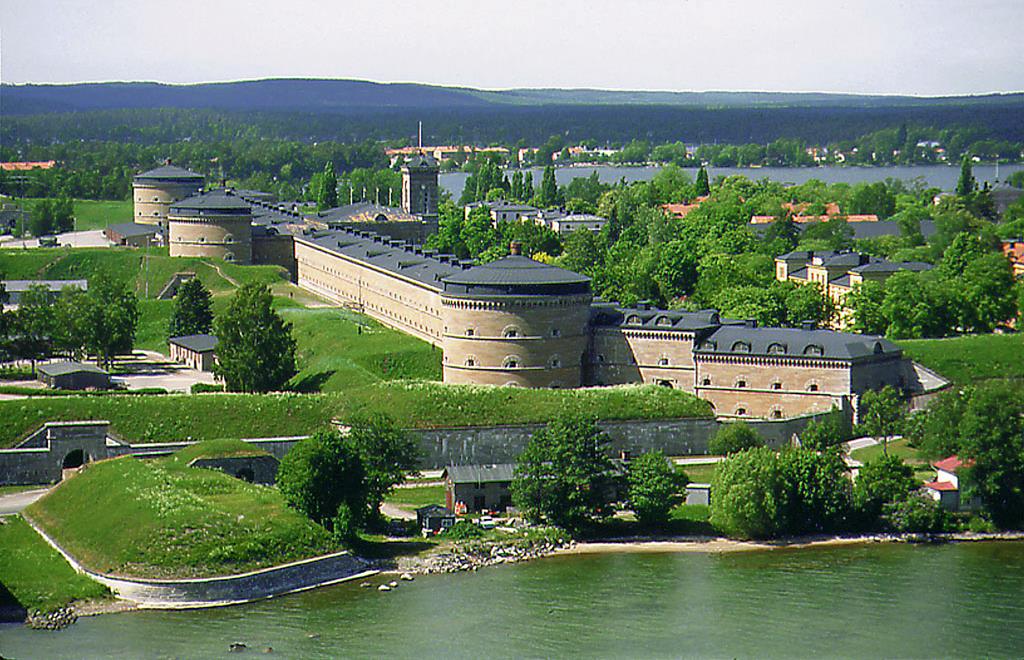This game concluded with sessions 6 and 7, and I’m still editing #7 as I type this. It’ll be included as soon as it’s done.
Oh! The title for this post refers to all the rather distressing real-world stuff I was able to find which tied hard into what Ulf and Ola had provided at the outset of play, and which figured directly into their heroes. You’ll see it in the attached files, and in the dialogue for this session (6).
I have a couple of serious points to illustrate with this game experience.
The first concerns endings. August was a tough month for Chez Edwards-Friberg, and one hard part was bringing a deliberate and rather arbitrary ending to several game/group sequences which – intrinsically by the fiction – could easily have continued longer. Or, perhaps more relevant. whose internal content suggested slowing down the pace of “happenings” and allowing details to grow, rather than slamming toward conclusion.
I’ll expand on my thoughts about these later, about why I axed both of them, using content and pacing and even mechanics in such a way that either bent or broke play, just so they could end. I’ll make a video about doing exactly this, and why, and how it feels.
The second point concerns content as it relates to real people. In this case, and only because I was able to reflect upon it via editing, I realized where I can showcase to you something maybe not good happened. Because mainly what happened is great, and very enjoyable, and full of content, and all sorts of other things. However, it’s an excellent case of GM-player accord hitting 1000% in one case, at the expense of the other player. Basically, I got all wrapped up with Ola’s experience with the Kosmonaut and stiffed Ulf as a person. You can see it here in #6, I think.
So how about the good stuff? Well, we finally have the chance to see the Now! I’ve attached three files, the Now as it stood after session 2, after session 5, and after session 6. I hope you’ll see how it works, in that I was actively using the “after session 5” sheet during play for session 6, and the “after session 6” one during play for for session 7. I’d love to answer any questions about it.


One response to “Conspiracy fact”
Session 7 and conclusion
It's a beast of a session, arguably marred by playing all the way through my determination to finish out the game. The final video is a short piece about endings to investigate that issue. However, there is much to love in here, and I hope you enjoy it.
One thing about the content: you may get the idea that I'm anti-European Union, given the nature of the supervillains glimpsed in the previous session and showcased in this one. In these days of Brexit, and specifically from the U.S. point of view, the issue may seem clear: right-wing ethnic nationalism over here, against the EU, and in opposition, moderate-to-liberal, transnational democracy over here, pro-EU. This game – with me as an immigrant and two Swedish players – is conducted in the context of a very different understanding.
Briefly, seen from this exact location, EU economic policy is nothing like its friendly, open-armed, "we're all together, yay," social image. Its history goes all the way back to the end of WWI, at the formation of the Belgium-Luxembourg Economic Union (BLEU) in 1921 – which still exists. Think of it as a modern Hanseatic League, with ties across Copenhagen, Gothenburg, Hamburg, and the Hague which have no use whatever for governing parliaments and kings, or single-nation economic policies. The history is pretty fascinating:
Effectively, this exact community has held for a century and always played either a core or highly reinforcing role in the high-end capitalist business priorities underlying BLEU: investment finance, banking with executive power equal to nations, anti-communist, and savagely pro-military, with a friendly face of alliance as long as it includes accepting austerity. It relies heavily on a U.S. military presence in Europe and on American, French, and British hair-trigger tendencies toward regime change, including their black ops and their self-congratulatory "humanitarian" interventions.
Sweden is half-in half-out of the EU, much in the same way it was half-in half-out regarding Germany during WWII, and half-in half-out of the perceived Cold War division. Its border management accords with EU standards, for example, but significantly, its currrency remains its own (SEK, or kronor) and it has no loan-based arrangement with the central banks. Also, as you may know, Sweden is not a NATO member despite overlaps and accord with American intelligence agencies.
I don't mind telling you that positions on this matter are diverse and heartfelt in any Swedish gathering of more than three people, in the category of not discussing it openly unless you want a sudden spray of ideology (featuring such fun terms as "the market" and a whole dictionary to cope with the single word "liberalism") and lost tempers.
Being me, a tactful and circumspect fellow as you know, I felt the instant need to bring it all front and center via the helpful medium of comics superheroes. As I see it, from the point of view of this interest/aspect of the EU, Sweden's autonomy must get right up its nose, and to represent its interests – very BLEU, not the EU as a whole – why not feature a super-powered 'tac squad of long standing, whose current roots lie in Kosovo?
You didn't get to meet their leader, Schöner Anna ("Lovely Anna"), the surreal entity who used to be Grand Duchess Charlotte's doll. Some day, perhaps.